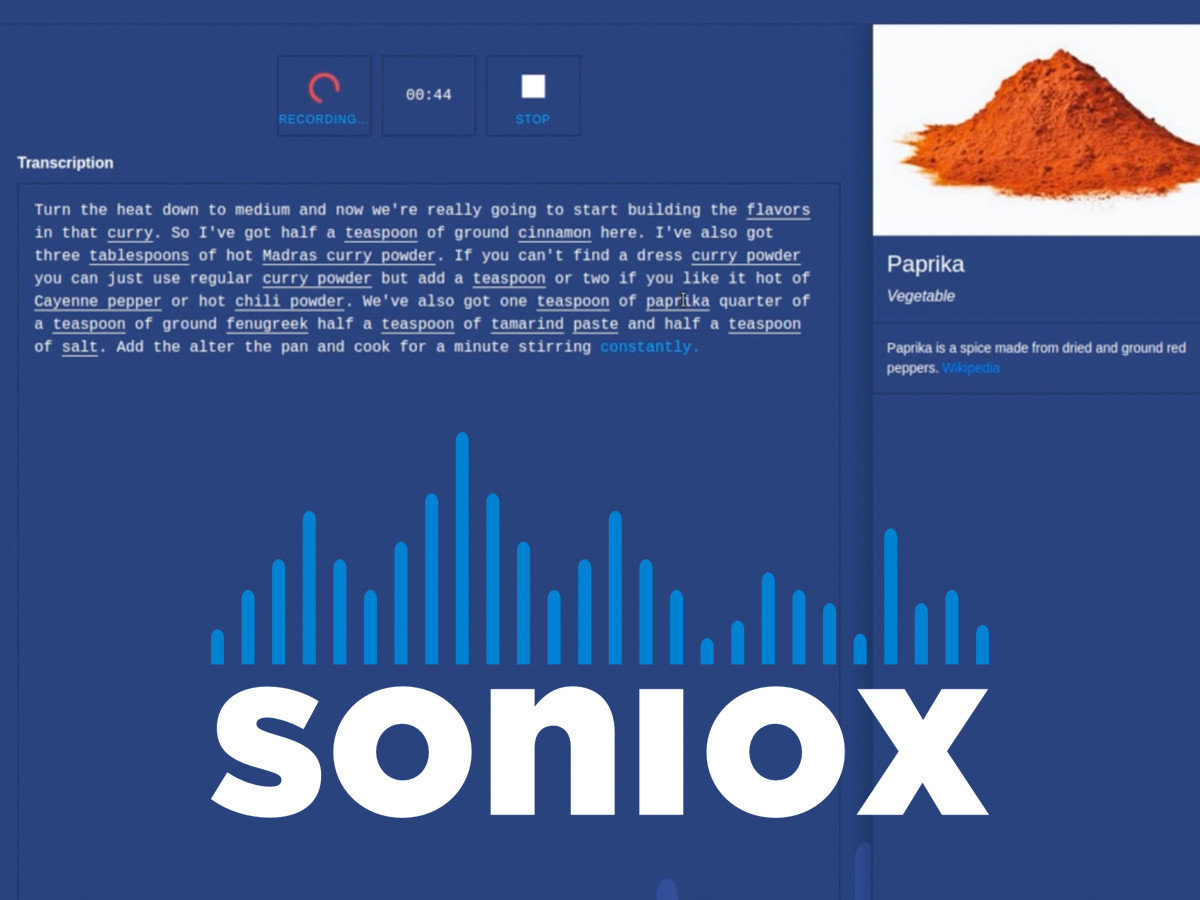RIYADH: The launch of a Riyadh edition of the iconic Monopoly board game was announced on Thursday at a preview event that even feature an appearance by the game’s mascot, Mr. Monopoly.
The new version of the game, which will be on sale in September, was created, according to a statement, to celebrate “the rich heritage and modern transformation” of the Kingdom’s capital and features locations including the King Abdullah Financial District, Saudia Airlines, Souk Al-Zal, the Saudi Cup, the Diplomatic Quarter, Tamimi Markets, Jazean coffeeshop, Bujairi Terrace in Diriyah, Olaya Street, and King Fahd Road.
“We strive to include both the traditional and the modern in terms of landmarks and to create a story. So as you’re going through the Monopoly board, you are learning about, and getting insight into, the city of Riyadh, and you’re passing roads that most real residents would pass by on a day-to-day or weekly basis,” Hamad Alowaishiq, founder and chairman of official partner the Saudi Youth Society (SYS), which acted as a cultural advisor for the game’s makers, told Arab News.

Hamad Alowaishiq, Founder and Chairman of the Saudi Youth Society (SYS), recieving a certificate of appreciation at the launch event on Thursday. (AN Photo by Huda Bashatah)
“It’s a responsibility and a pleasure to be representing Riyadh on such a platform. And with that responsibility, we have been dedicated to delivering the identity and culture of Riyadh,” he added.
According to Guinness World Records, Monopoly is the best-selling board game in history, with more than 275 million units sold worldwide over the past 90 years.
“There’s something really interesting about seeing our city culturally represented within an international brand,” Princess Nourah Al-Faisal, vice-chairman of SYS, told Arab News. “It says a lot about how far we’ve come and how important our market and our community has become on the international scale that Monopoly would come and do this—and quite right too.”
“I remember playing this game when I was young with my grandfather and family,” Liam Johnson, the racecourse director of the Jockey Club of Saudi Arabia’s Saudi Cup, told Arab News, adding that he believed the Saudi Cup’s profile would be raised globally by being featured in an edition of a game that “cuts through the different audiences.”

Liam Johnson, the Racecourse Director of the Jockey Club of Saudi Arabia/The Saudi Cup. (AN Photo by Huda Bashatah)
Diriyah has three places on the board: Wadi Hanifah, Zallal, and Al-Bujairi Terrace — all of which have become staples in Riyadh’s events and hospitality sectors.
“As the birthplace of the Kingdom and its significance to the country, to be able to bring that legacy and that heritage onto the board is a true honor,” Nicola Cope, executive director of brand marketing at Diriyah, told Arab News.
The Ritz-Carlton’s Mazen Allam said: “Over the years, we’ve been privileged to host moments that actually matter, from royal visits, world summits, weddings, quiet weekends, all woven under the fabric of this city. Now, with Monopoly, we get to join families and communities across generations. And the fact that we can create joyful memories that extend beyond our walls is something very special.”
KAFD, home to 95 interconnected buildings, where more than 20,000 people work — not including the thousands of daily visitors and residents, is a pivotal inclusion on the board. Mazroua Al-Mazroua, KAFD’s chief marketing and experience officer, told Arab News: “We all grew up playing Monopoly. We understand the game — it’s strategic, competitive, and centered around real estate. Today, KAFD reflects those same qualities. It’s not just an iconic business district; it’s Saudi Arabia’s first vertical urban city and a dynamic lifestyle destination.
“It only makes sense for KAFD to be featured in the Monopoly Riyadh Edition — a perfect match between a game of strategy and a district that lives and breathes it every day.”




































